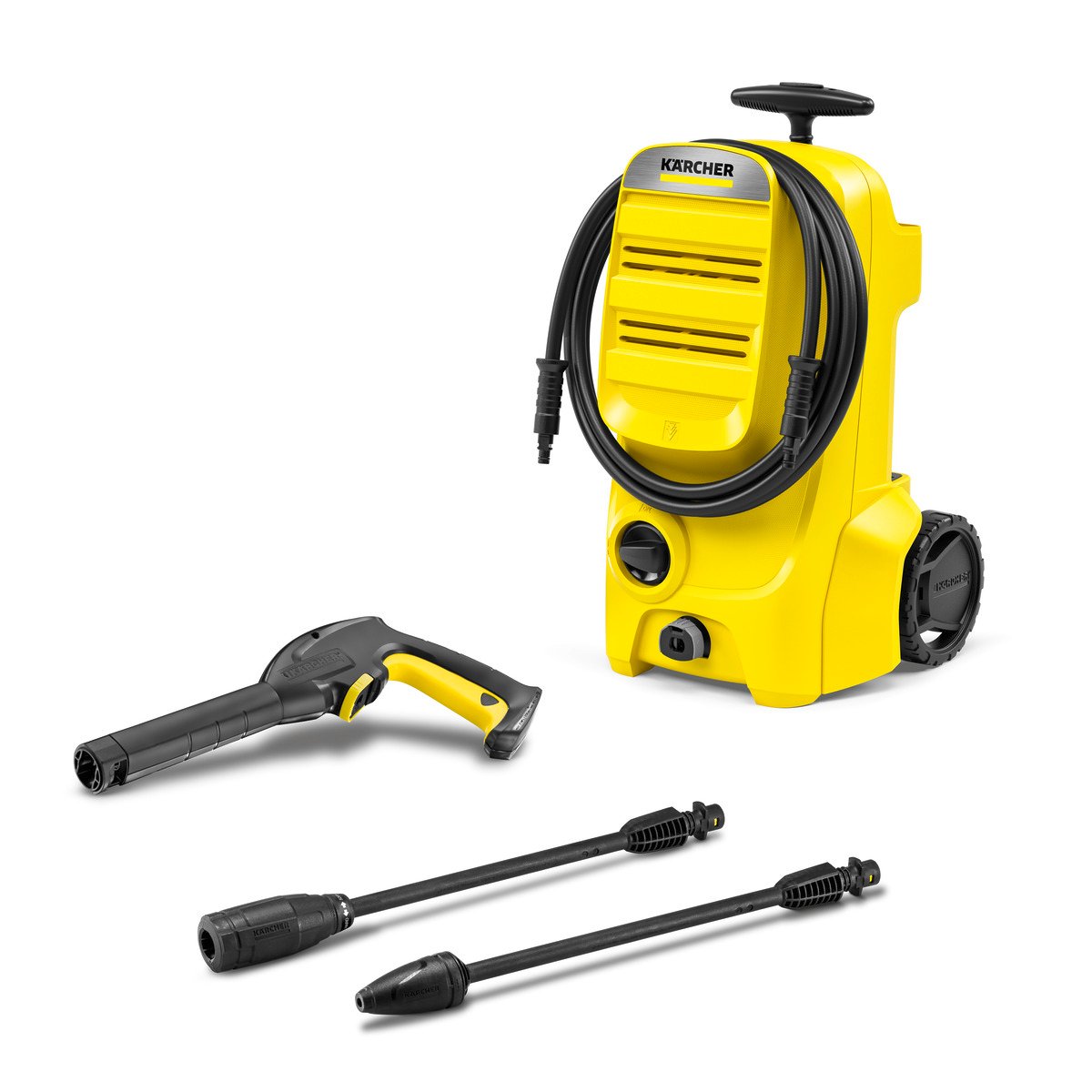An outdoor garden is a beautiful and relaxing space that brings nature’s charm right to your doorstep. However, maintaining a garden requires consistent care throughout the year. Different seasons present unique challenges and opportunities for gardeners. With proper maintenance, your garden can remain healthy, vibrant, and welcoming no matter the time of year.
In this guide, we will explore outdoor garden maintenance for all seasons, including practical tips and tricks to keep your garden flourishing from spring through winter.
The Importance of Year-Round Garden Care
Garden maintenance isn’t just about planting flowers in spring and pulling weeds in summer. A well-maintained garden requires attention year-round. Each season brings different needs and tasks, and without proper care, your garden might not reach its full potential. Here’s why year-round care is important:
- Healthier Plants: Consistent care throughout the year helps plants stay healthy, grow strong, and resist diseases.
- Aesthetically Pleasing: Year-round attention ensures your garden always looks its best, from colorful flowers in spring to lush greenery in winter.
- Increased Property Value: A well-maintained garden adds curb appeal and can significantly increase the value of your home.
- Better Soil Health: Regular maintenance prevents soil erosion and promotes nutrient-rich soil, which benefits plant growth.
Spring: Reviving Your Garden After Winter
Spring is the season of new beginnings, and it’s the time when your garden wakes up from the winter dormancy. Here’s how to get your garden ready for the warmer months:
- Clean Up the Garden: Start by clearing away any dead leaves, branches, or other debris that may have accumulated during winter. This will help improve airflow and prevent pests from taking up residence in your garden.
- Check for Damage: Examine your plants and garden structures for winter damage. Prune away any dead or damaged branches from shrubs and trees, and cut back perennials that didn’t survive the cold.
- Soil Preparation: In spring, it’s important to prepare your soil for planting. Add organic compost or fertilizer to enrich the soil with essential nutrients. This helps improve soil structure, drainage, and fertility.
- Plant New Growth: Spring is the best time to plant annuals, perennials, and new shrubs. Choose plants that thrive in your climate and are appropriate for the amount of sunlight your garden receives.
- Mulching: Apply a layer of mulch to retain moisture, suppress weeds, and maintain a consistent soil temperature as your plants begin to grow.
Summer: Keeping Your Garden Thriving
Summer is the time when your garden is fully in bloom. However, the hot weather and longer days can take a toll on your plants. Here’s how to ensure your garden stays healthy throughout the summer:
- Watering: One of the most important tasks in summer is keeping your plants hydrated. Water your garden early in the morning or late in the evening to avoid evaporation. Ensure your plants receive enough water, but don’t overdo it—too much water can lead to root rot.
- Weeding: Weeds thrive in the warm summer months, so keep an eye out for unwanted plants. Regularly remove weeds to prevent them from stealing nutrients from your garden.
- Pruning and Deadheading: Prune any dead or damaged branches from shrubs and trees to encourage healthy growth. Deadheading flowers also promotes new blooms and helps plants maintain their appearance.
- Pest Control: Summer is when pests are most active, so be vigilant about keeping your garden pest-free. Use natural remedies, such as neem oil or insecticidal soap, to control pests without harming your plants or the environment.
- Fertilizing: Fertilize your plants in the summer to ensure they have the nutrients needed to thrive. Use a balanced fertilizer or one that is specifically designed for the types of plants in your garden.
Fall: Preparing for Winter
Fall is the season to prepare your garden for the colder months ahead. While the cooler temperatures slow plant growth, there are still plenty of tasks to ensure your garden remains healthy and protected during the winter:
- Leaf Cleanup: Rake up fallen leaves to prevent them from smothering your grass and plants. Leaving leaves on the ground can promote fungal diseases.
- Pruning: Fall is a good time to prune trees and shrubs, but avoid heavy pruning of flowering plants that bloom in the spring, as this can cut off new growth.
- Protecting Plants: If you have tender plants, consider bringing them indoors or covering them with frost protection material to protect them from the cold. You can also insulate the roots of vulnerable plants by applying a layer of mulch or straw.
- Planting Fall Bulbs: Fall is the perfect time to plant bulbs for spring flowers. Tulips, daffodils, and crocuses should be planted before the ground freezes to ensure they bloom beautifully in the spring.
- Soil Care: Add a layer of compost or organic matter to your garden beds in the fall. This helps improve the soil’s structure and provides nutrients for plants in the spring.
Winter: Protecting Your Garden from the Cold
Winter is a challenging season for outdoor gardens, but with the right care, your garden can survive the cold months and be ready to thrive in spring. Here are some tips for maintaining your garden during winter:
- Protecting Plants: Use burlap, frost blankets, or other protective coverings to shield delicate plants from frost and cold winds. Pay special attention to young trees and shrubs.
- Mulching: Mulch is essential for protecting plant roots from freezing temperatures. Apply a thick layer of mulch around the base of plants, but avoid covering plant crowns.
- Winter Watering: In areas where winters are dry, water your garden on warmer days. Plants still need water, even in the winter, but make sure to water deeply to prevent the soil from freezing.
- Clearing Snow: Gently remove heavy snow from tree branches and shrubs to prevent damage. Use a broom or similar tool to avoid breaking branches.
- Planning for Spring: Winter is the perfect time to plan for the next gardening season. Review your garden’s design, research new plants, and prepare your tools for the upcoming season.
Conclusion
Outdoor garden maintenance requires consistent care throughout the year to keep your plants healthy and your garden looking its best. By following seasonal tasks such as soil preparation in spring, proper watering in summer, leaf cleanup in fall, and winter protection, you can ensure your garden thrives no matter the season.
Year-round maintenance not only enhances the aesthetic appeal of your garden but also helps it remain a healthy and vibrant space for years to come. With these tips in mind, you can enjoy your outdoor garden throughout all seasons and watch it bloom year after year.











Leave a Reply